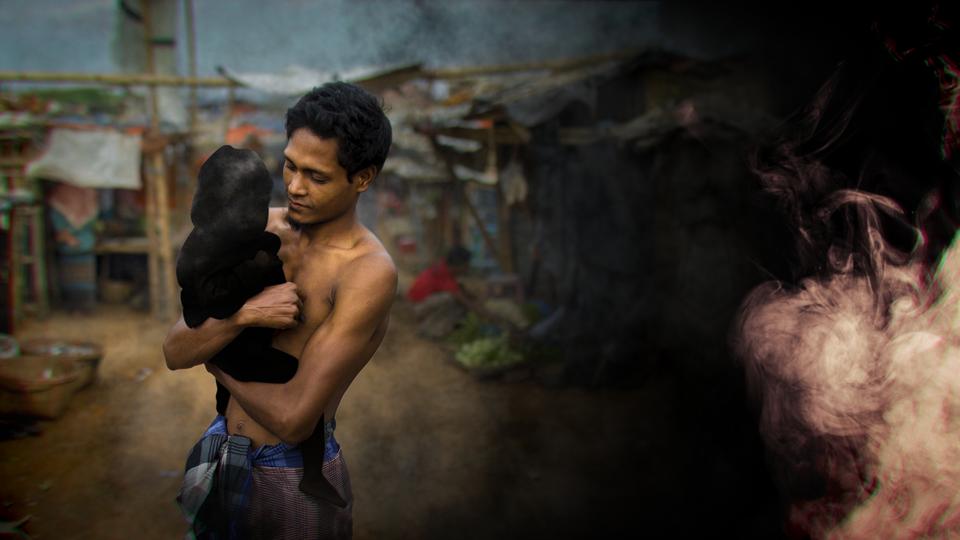Hidden Slaves

It would be easy to think that slavery is something from another time; a vicious practice that we eliminated long ago. That could not be more wrong. In fact, there are more slaves in the world today, right now, than there have ever been.
We hardly ever see these captive slaves – they remain invisible. They are always physically hidden, trapped behind a locked door. But they’re also hidden by their lack of official identity, which has often been taken from them. They cannot be counted; they do not exist.
One way to fight slavery is to open the doors and give victims a name and a face. First by telling their stories, and then by giving them back their identity.
Meena Haseena was eight years old when she was kidnapped by her uncle and sold to a brothel in northern India. For twelve years she was a sexual slave; raped, beaten, drugged and abused. She gave birth to two children in this time – both were taken from her and abused by the brothel’s owners. Finally, after so much suffering, Meena found a way to escape her captors and return to her village. Her story has been featured in the Half the Sky book and Meena, the movie.
But Meena is not an unusual case. Lakshmi was 13 when she accepted a job offer to work as a domestic servant in Kolkata. But instead of domestic work she was forced into a brothel until her father’s debts were paid. Her story is disturbingly similar to Meena’s; Lakshmi was beaten, drugged and forced into sexual slavery. Eventually, she too escapes. Eventually, she too becomes the character of a movie, Sold.
Both stories help us see the real people behind the global slave trade, but they are unrealistic in one respect. Most girls never escape, but instead are lost in this secretive and brutal world. Millions of girls like Meena and Lakshmi need to be found. A clear digital identity for everyone can help us do that. With an identity that is non-forgeable and impossible to destroy, girls like this can be counted, and protected.
Meena’s own story emphasizes the importance of having a proof of identity. After her escape Meena tried everything to get her children back. But they were born in the brothel and never officially registered. And without a birth certificate or legal identity of her own, Meena had no options. Again she was lucky – a local NGO helped her to rescue her children.
In most cases, however, those children would have remained trapped – by their captors, and by their inability to prove who they are. Without a proof of identity, these children are practically “invisible” to those who may help and for that matter are at great risk.
This is a featured story from the WIN Foundation. The original can be found here.